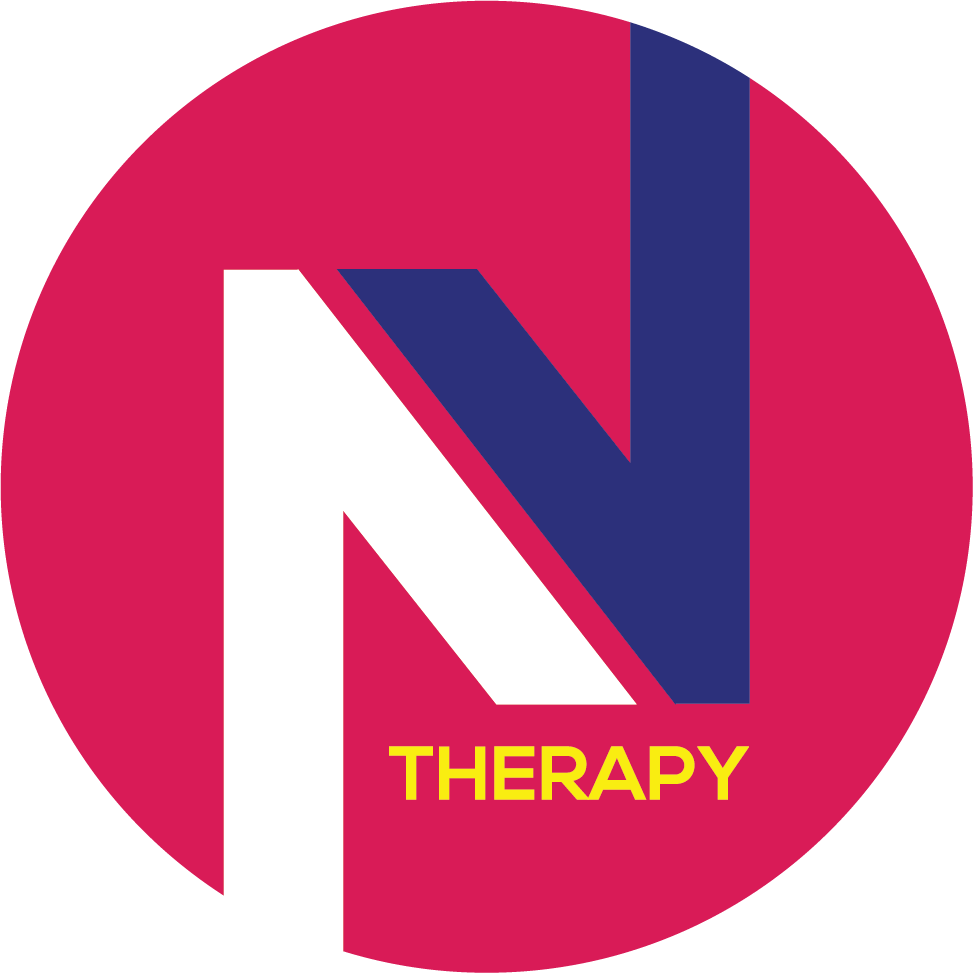SUCCESS STORIES

![]() I was introduced to Nicola earlier this year through a friend who recommend her.
I was introduced to Nicola earlier this year through a friend who recommend her.
I am so grateful to God for the opportunity to speak to Nicola.
She has helped me grow so much in my mindset on and off the pitch. Through my injury especially, she helped regulate my mind and kept me on track to reaching my target return!
Time spent with Nicola is always time well spent. ![]()
EBERE EZE
Crystal Palace, Midfielder
Emotion is energy in motion. The term derives from the Latin word for moving, stirring, agitating.
Biologically speaking this is incredibly apt, as emotions travel along the nervous system at supersonic speeds.
Yet, when traumatic thoughts remain unuttered, when memories of sadness or fear get buried out of self-preservation, and when emotions aren’t experienced – they can overload the system.
Your whole body halts and triggers fight, flight or freeze mode – causing the energy to be stored in muscles, organs and connective tissue.
What’s more, when trauma is stored in our tissue, our brain disconnects that part of the body to block the experience, to prevent the recall of that traumatic memory – building barriers that make it even harder to heal.
A sports injury is of course a prime example of trauma, not just physically but emotionally as well. Unfortunately, the latter is often neglected – hindering full recovery.
The first step starts with being aware of just how important it is to deal with these emotions. And that first step is exactly the one Ebere took…

![]() Nicola taught me the connection between my mental state and my athletic performance, and the improvements were marked.
Nicola taught me the connection between my mental state and my athletic performance, and the improvements were marked.
I am simply more able to focus on what is important and shut out the negative chatter.
Working with Nicola has helped me to reframe why I run and was my secret weapon in my PB in the 2019 London Marathon. ![]()
DAVID MOHRING
Marathon and ultra-marathon runner
When training for an exceptional sports performance, many people dedicate their time entirely to the physical aspects. It’s what makes sense. You’d think.
But your mind and your body are not separate structures. They continuously communicate, coordinate and serve as a seamless system.
So it’s unsurprising that whatever goes on in your head has a direct impact on your performance, and vice versa.
Neuroscience research has demonstrated over and over again the unquestionable connection between your mental state as an athlete and your ability to perform at your peak.
This is what David realised. He knew that neglecting the role his mind plays in the preparation process would result in doing himself a disservice.
By making a deliberate effort to train his brain, alongside his body. David did what many would have thought to be impossible…

![]() I can’t thank Nicola enough for her help in preparation for my first marathon.
I can’t thank Nicola enough for her help in preparation for my first marathon.
She taught me numerous tools that changed my mindset and in turn, my running beyond recognition.
After only six therapy sessions, I went from exhausting, panic filled, self-doubt riddled training runs where I battled my inner negative dialogue.
To calm, confident runs where I felt in complete control.![]()
HANNAH MARTIN
TV & Royalty Make-Up Artist
For sporters, emotions play a huge role in confidence and composure. Anything that’s off on the day may well have a negative impact.
It’s not uncommon for unprocessed negative self-beliefs to resurface – particularly when your mind and your body are put under pressure.
Not only can this lead to a lack of motivation, it often causes athletes to fail to focus. Hannah, for instance, was physically fit due to hours of training. However, her mind was not.
By pinpointing times in her past where she felt less confident, both emotionally and physically, Hannah was able to manage her thoughts, which in turn affect emotions.
Everyone has triggers, blind spots and suppressed emotions. Diagnosing your mental stimuli and blocks enables you to shift your mindset.
Her mental skill and challenge levels now balanced with her physical ability – she became able to access her Flow State.
